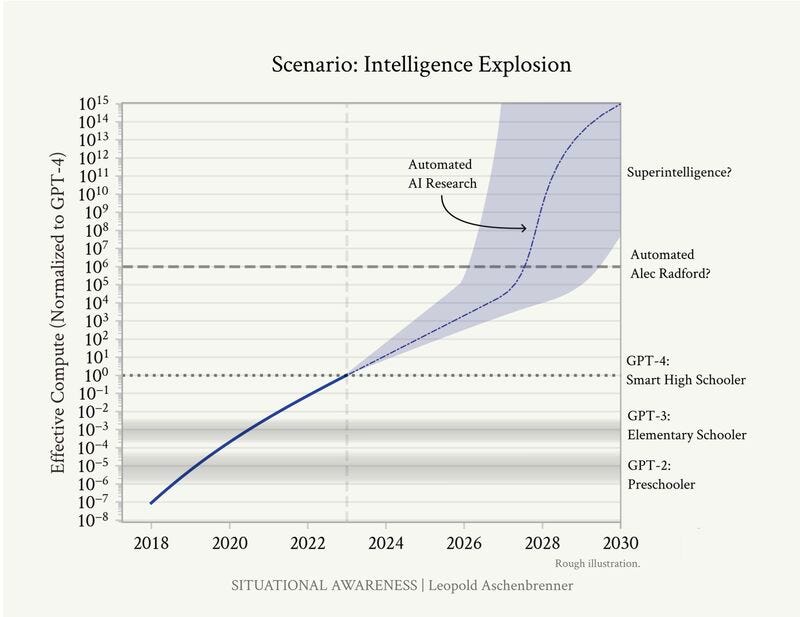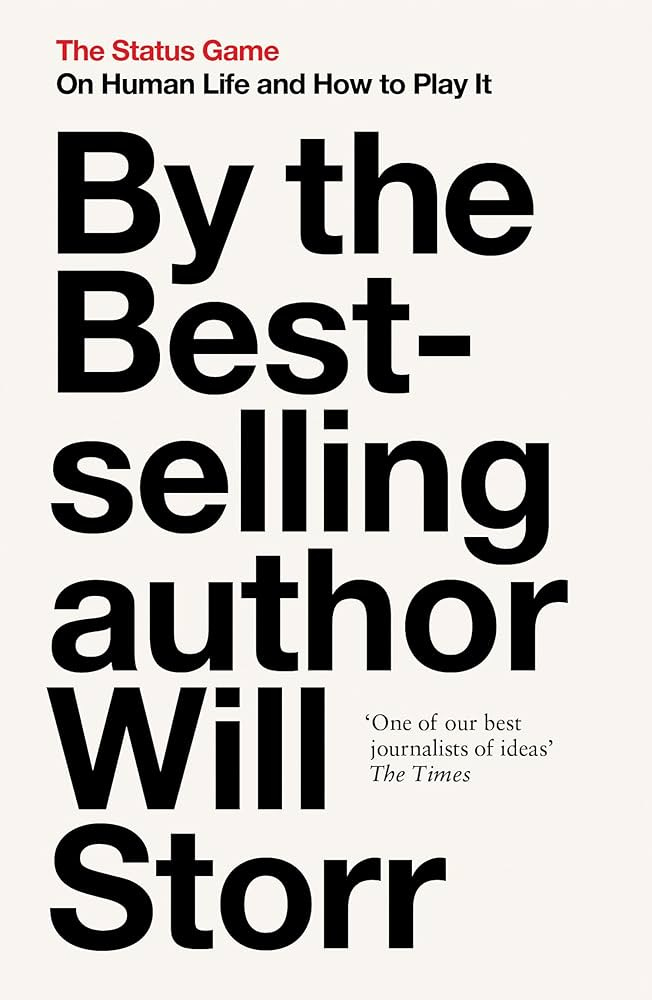Beyond Smart: Why Agency Is Your True Superpower in the AI Revolution
How embracing agency in the age of AI changes your trajectory, and how to feel about that
With each passing day, reality is creeping closer and closer to looking like the movie “Her”. In the film (spoilers), Joaquin Phoenix falls in love with his AI assistant, and by the end Samantha develops from being something that resembles AGI to becoming ASI-like. This happens over a short period of time. By the end of the film, Samantha is busy doing things that Theodore, the protagonist, cannot possibly wrap his mind around.
In the last couple of weeks, we’ve seen two notable model releases, Claude 3.7 Sonnet and Grok 3. Both are good at different things, but the pattern is clear: the pace is accelerating with models, and things are going to look vastly different for AI and humanity by the end of the year. DeepSearch is wildly useful, with many researchers commenting on X that this feels like a real game changer. Cheap, fast research, cited (not that Perplexity wasn’t already doing this). This is what fast intelligence looks like.
Intelligence is becoming a commodity with a cost that is rapidly approaching zero. But, there’s something machines don’t completely have yet, something that might become our last true moat.
Agency.
The Agency Awakening
This isn’t a new concept, but personal agency has become a hot topic of discussion over the last couple of days. Garry Tan, Y Combinator's CEO, recently declared: "Intelligence is on tap now so agency is even more important." We’re witnessing a reevaluation of human capability in the age of AI.
Not surprisingly, Naval tweeted about this earlier in January.
Let’s break down what agency is, compared to other human attributes:
Intelligence helps us understand the world, but agency can empower us to transform it. Agency stands apart because it encompasses action, intention, and the ownership of outcomes. There’s an overlap with other key influential human attributes. As AI takes over more analytical and raw intelligence tasks, this distinction becomes crucial.
With each passing week, it becomes clearer that many of the predictions made in June of last year are on track. Leopold’s piece, Situational Awareness, has remained accurate. We’re already tracking along the steepest part of the curve. If anything, this intelligence explosion graph is conservative. By 2030, AI computation power will be 10^15 times that of GPT-4, a scale that is difficult to comprehend. Intelligence is being commoditized quickly.
The marginal cost of intelligence is approaching zero. Tasks that required years of education can now be performed instantly. DeepSearch via Grok 3 is a great example of this. Reports that it can create in minutes would take a person hours or days to complete with appropriate references and understanding. How does the world change if intelligence is as universally accessible as the internet?
When Being Smart Isn't Enough
Intelligence and agency go hand in hand. Intelligence allows you to analyze information so you can make a decision and take action. Without agency, intelligence is largely useless. You have to act.
Better AI tooling is disproportionately enabling high-agency individuals. This is clear with posts on X, and given the fact that a majority of people aren’t even following what is happening with AI at all.
High-agency individuals share distinctive traits:
They act without waiting for perfect information or excessive permissions
They embrace uncertainty as a space for opportunity
They iterate rapidly based on real-world feedback
They shape their environment rather than just adapting to it
They persist through obstacles that stop others entirely
Karpathy put it best, "In the age of AI, agency is what separates builders from spectators." Not everyone will build. A significant amount of work and jobs that have given purpose and meaning to people will be gone, and it isn’t clear what it will be replaced with. UBI provides money, but it doesn’t provide purpose. Can high agency overcome this?
The Status Game: Finding Purpose in a Post-Work World
I’ve been reading Will Storr’s The Status Game, and can’t help but see how many of his insights are relevant to this discussion. In the book, Storr argues that humans are driven by status seeking across three domains: dominance (based around power), virtue (based around moral standing) and success (based on skill or knowledge).
Storr’s conclusion is that life’s purpose isn’t about winning these games, but playing them. Participation in the game of life provides meaning and motivation, and fulfills human psychological needs for belonging and recognition. As we approach a future where UBI may be implemented because of AI’s impact on work, where will most people derive their purpose?
Status seeking is wired into our brains, so if it isn’t employment, it’ll be things AI won’t touch as much:
Creative expression beyond AI capabilities (for now)
Community leadership and social impact
Personal growth and self-improvement
Emotional intelligence and relationship building
Physical pursuits and embodied experiences
Spiritual and philosophical exploration
Ethical decision-making and moral leadership
All of these status arenas require high agency to excel. Intelligence is important, but drive and agency are key.
Cultivating Your Agency: Practical Steps for an AI World
I made this list for myself, but I think it applies to most people. What practical steps exist to cultivate agency?
Make faster decisions: Recent Harvard Business Review research indicates that making decisions with 70% of the optimal info leads to better outcomes, rather than waiting for ‘perfect’ knowledge.
Create deadlines: Externally communicating deadlines increases follow-through by way of accountability.
Build in public: Obvious, but not everyone does this. Publicly sharing progress increases the likelihood of completion.
Have a bias towards action: Companies with action-oriented cultures consistently outperform analysis-paralyzed competitors, according to McKinsey research.
Focus on outcomes, not inputs: Diverse networks enhance innovation by exposing you to varied perspectives and opportunities.
Deep focus: Save your brain. Cultivate selective ignorance and ignore non-essential information. You can only consume so much.
Delegate to AI: Leverage AI for analytical tasks while focusing on direction-setting.
Agency-centered communities: Surround yourself with people that are also agency-minded.
The Next Frontier: Human Agency in an AGI World
There’s no way to avoid it: AGI will change the game entirely. AGI systems won’t just match our intelligence, they’ll also eventually have their own forms of agency. Status games won’t disappear, but they will become AI-augmented. This isn’t like the initial adoption of the internet. The changes will be faster, leaving less time for gradual adaptation.
Agency is the new moat. Cultural obsession over intelligence is now taking a backseat, and humans that thrive will learn to intelligently leverage AI through superior agency by setting directions, making value judgements, and taking action. AGI might be inevitable, but our response is still under our control. Our human ability to act with intention and purpose is our greatest advantage.
Thanks for reading! I’ll be at ETHDenver this week and hope to see many of you there.
Talk soon,
- Chris











Excellent article.
Heraclitus said : "Character is destiny".
Let's update this dictum : Agency is destiny.